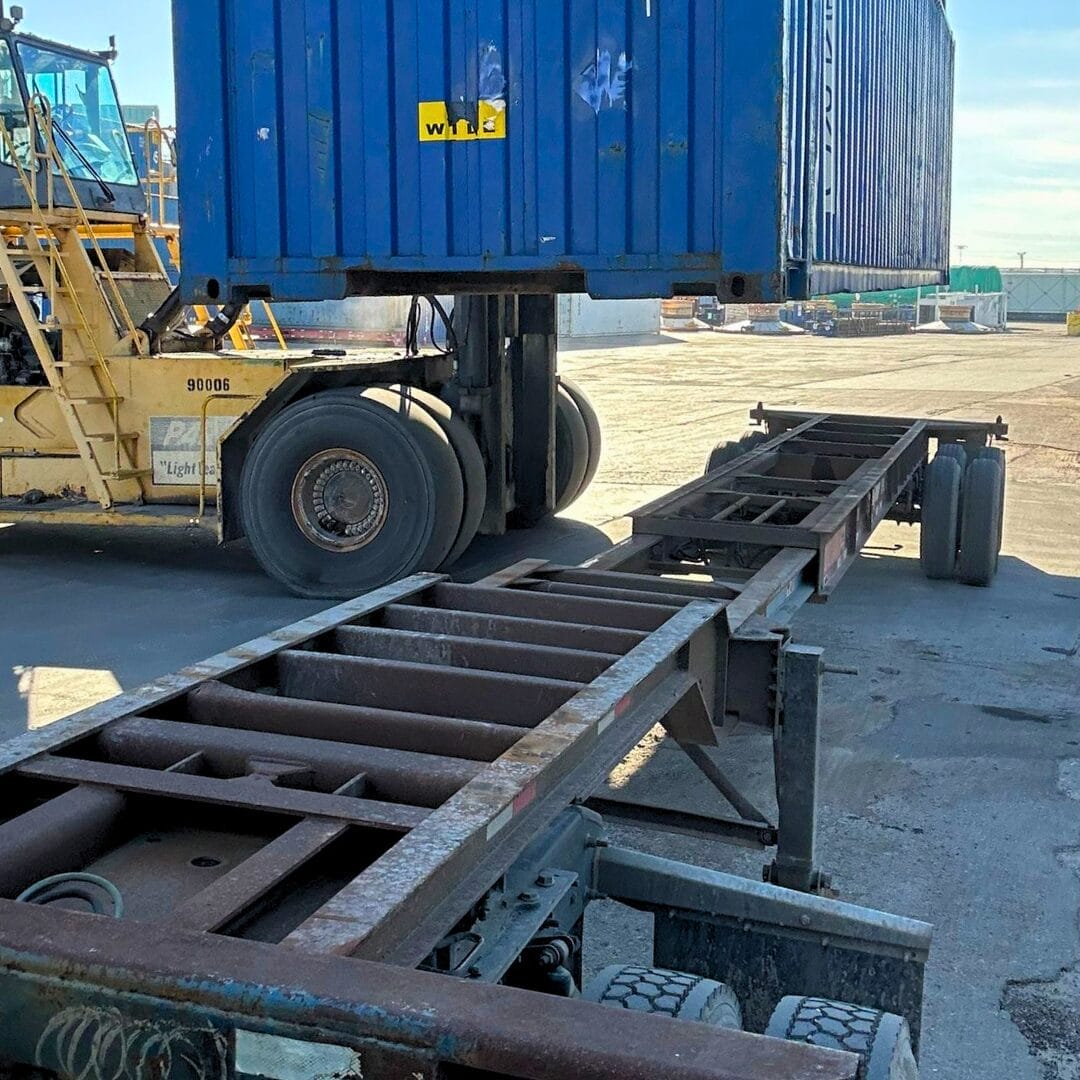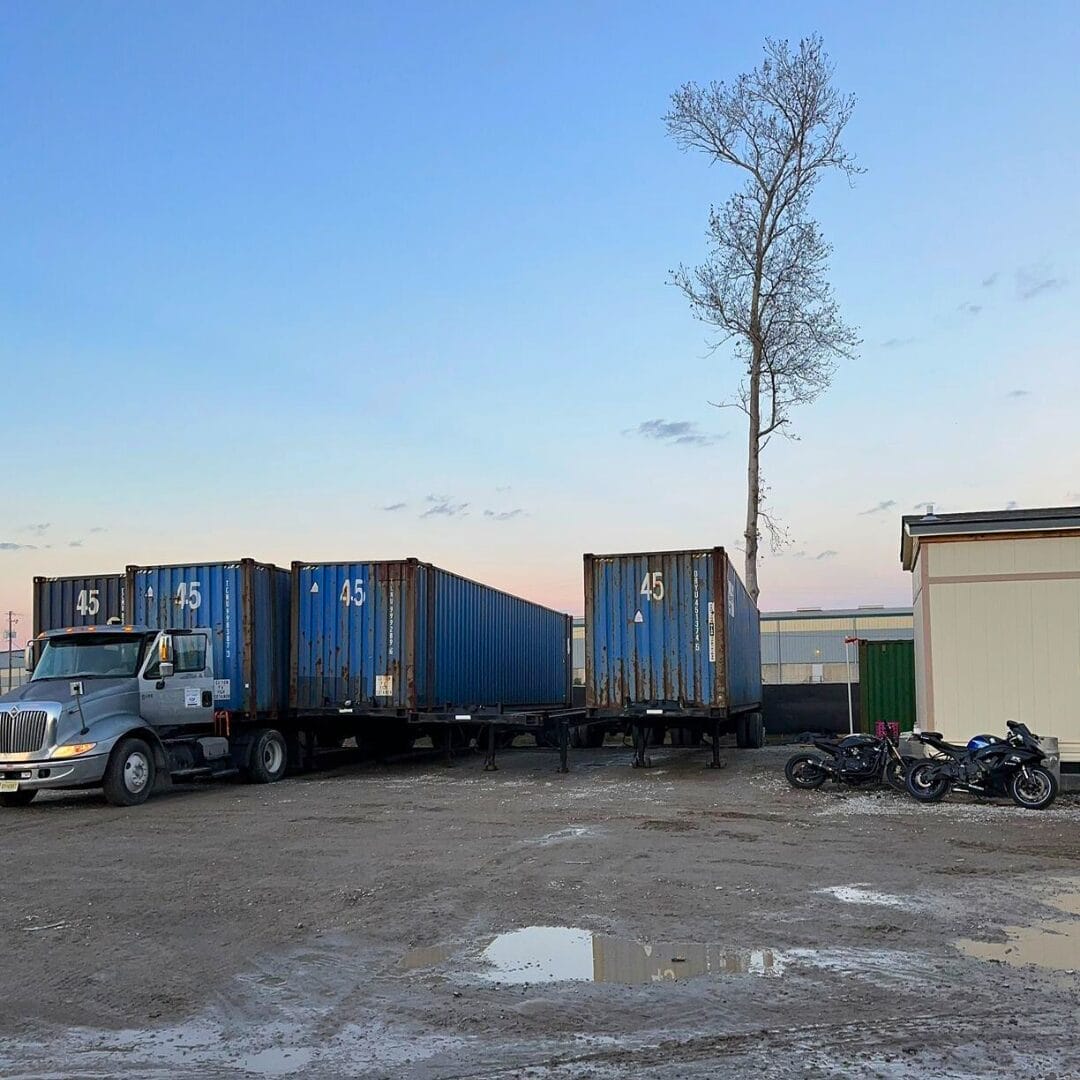Container Transport/Shipping
Containerization is a system of intermodal freight transport using intermodal containers (also called shipping containers and ISO containers) made of weathering steel. The containers have standardized dimensions. Container Transport / Shipping
They can be loaded and unloaded, stacked, transported efficiently over long distances, and transferred from one mode of transport to another—container ships, rail transport flatcars, and semi-trailer trucks—without being opened.
The handling system is completely mechanized so that all handling is done with cranes and special forklift trucks. All containers are numbered and tracked using computerized systems.
The system, developed after World War II, dramatically reduced transport costs, supported the post-war boom in international trade, and was a major element in globalization.
Containerization did away with the manual sorting of most shipments and the need for warehousing. It displaced many thousands of dock workers who formerly handled break bulk cargo. Containerization also reduced congestion in ports, significantly shortened shipping time and reduced losses from damage and theft.

Full container load
A full container load (FCL) is an ISO standard container that is loaded and unloaded under the risk and account of one shipper and only one consignee. In practice, it means that the whole container is intended for one consignee. FCL container shipment tends to have lower freight rates than an equivalent weight of cargo in bulk.
FCL is intended to designate a container loaded to its allowable maximum weight or volume, but FCL in practice on ocean freight does not always mean a full payload or capacity – many companies will prefer to keep a ‘mostly’ full container as a single container load to simplify logistics and increase security compared to sharing a container with other goods.
Less-than-container load
Less-than-container load (LCL) is a shipment that is not large enough to fill a standard cargo container. The abbreviation LCL formerly applied to «less than (railway) car load» for quantities of material from different shippers or for delivery to different destinations carried in a single railway car for efficiency. LCL freight was often sorted and redistributed into different railway cars at intermediate railway terminals en route to the final destination.
LCL is «a quantity of cargo less than that required for the application of a carload rate. A quantity of cargo less than that fills the visible or rated capacity of an inter-modal container.»[citation needed] It can also be defined as «a consignment of cargo which is inefficient to fill a shipping container. It is grouped with other consignments for the same destination in a container at a container freight station».
Container Transport / Shipping USA
Container transportation/shipping is a fundamental aspect of B&C Luxury Auto’s operations, which is why we take advantage of strategic location and efficient services to ensure smooth global transportation.

Contact us for a quote
One of our associates will be happy to assist you with your business shipping needs. Click here to send us a message.


